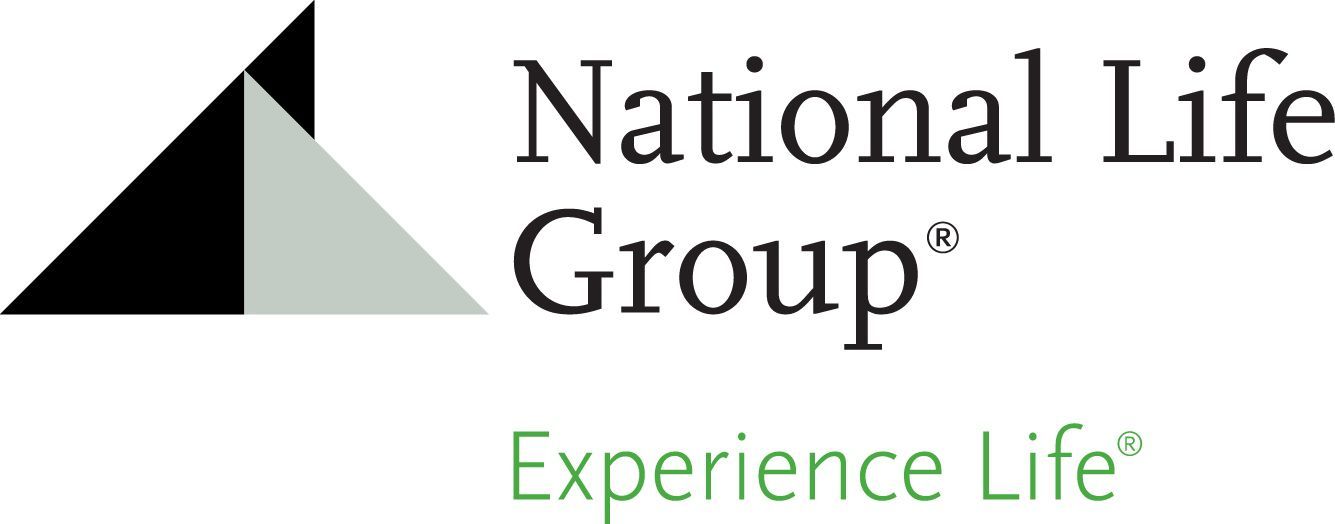Life Insurance
At Pinnacle Insurance, we understand the importance of protecting your loved ones and securing their financial future. Having the right life insurance coverage in place is a crucial step in ensuring that your family is taken care of in the event of the unexpected. Contact us today to schedule a consultation and take the first step toward securing the financial well-being of your loved ones.
Some of our Medicare Partners:
This is a paragraph. Writing in paragraphs lets visitors find what they are looking for quickly and easily.
This is a paragraph. Writing in paragraphs lets visitors find what they are looking for quickly and easily.
This is a paragraph. Writing in paragraphs lets visitors find what they are looking for quickly and easily.
This is a paragraph. Writing in paragraphs lets visitors find what they are looking for quickly and easily.
This is a paragraph. Writing in paragraphs lets visitors find what they are looking for quickly and easily.
Company Name






Types of Life Insurance
Life insurance comes in various types, each designed to meet different financial needs and goals. Here are some common types of life insurance
Term Life Insurance:
Description: Provides coverage for a specific term, typically 10, 20, or 30 years.
Features: Pure death benefit with no cash value component. If the insured dies during the term, the beneficiaries receive the death benefit. If the term expires, there is no payout.
Use Cases: Often chosen for temporary needs, such as income protection during the working years or to cover a mortgage.
Whole Life Insurance:
Description:
Offers coverage for the entire life of the insured.
Features: Combines a death benefit with a cash value component that grows over time. Premiums are typically higher than term life insurance.
Use Cases: Suited for long-term financial planning, estate planning, or as a forced savings vehicle.
Universal Life Insurance:
Description:
Provides flexibility in premium payments and death benefits.
Features:
Allows policyholders to adjust premium payments and death benefits within certain limits. Accumulates cash value, and the interest is often tied to market rates.
Use Cases:
Flexibility makes it suitable for those with changing financial circumstances or estate planning needs.
Variable Life Insurance:
Description:
Combines a death benefit with investment options.
Features:
Allows policyholders to invest the cash value in various sub-accounts, similar to mutual funds. The cash value and death benefit can fluctuate based on the performance of these investments.
Use Cases:
Suited for those comfortable with investment risks and seeking potential cash value growth.
Variable Universal Life Insurance:
Description:
A combination of universal and variable life insurance.
Features:
Offers flexibility in premium payments and death benefits, with the added feature of investment options. Policyholders can choose how to invest the cash value.
Use Cases:
Appeals to individuals seeking both flexibility and the potential for investment growth.
Indexed Universal Life Insurance:
Description:
Tied to the performance of a stock market index.
Features: Combines elements of universal life with the opportunity to earn interest based on the performance of a specified index. Provides a potential for cash value growth.
Use Cases: Appeals to those seeking the potential for higher returns linked to market performance with some protection against market downturns.
Guaranteed Issue Life Insurance:
Description: No medical underwriting required.
Features:
Designed for individuals who may have difficulty obtaining coverage elsewhere due to health issues. Typically has higher premiums and lower death benefits.
Use Cases: Suitable for those with pre-existing health conditions.
When choosing life insurance, it's essential to consider individual financial goals, budget, and risk tolerance. Consulting with a financial advisor can help determine the most suitable type of life insurance for a specific situation.
Difference between whole life and term life insurance
Whole life insurance and term life insurance are two common types of life insurance policies, and they differ in several key aspects. Here are the main differences between whole life and term life insurance:
Duration of Coverage:
Whole Life Insurance: Provides coverage for the entire lifetime of the insured as long as premiums are paid.
Term Life Insurance: Provides coverage for a specified term or period, such as 10, 20, or 30 years. If the insured dies within the term, the death benefit is paid out to the beneficiaries.
Premiums:
Whole Life Insurance: Generally has higher premiums compared to term life insurance because it covers the entire lifetime and includes a savings or investment component.
Term Life Insurance: Typically has lower premiums, especially for younger individuals, as it only provides coverage for a specific term.
Cash Value:
Whole Life Insurance: Builds cash value over time, which is a savings component that grows at a guaranteed rate. Policyholders can borrow against or withdraw from this cash value.
Term Life Insurance: Does not accumulate cash value. It is purely designed to provide a death benefit during the specified term.
Investment Component:
Whole Life Insurance: Combines life insurance with an investment component. The insurance company manages the investments, and policyholders may receive dividends or interest on the cash value.
Term Life Insurance: Focuses solely on providing a death benefit without an investment or cash accumulation component.
Flexibility:
Whole Life Insurance: Offers less flexibility in terms of adjusting coverage or premiums. The policy is designed to be in force for the entire lifetime.
Term Life Insurance: Provides more flexibility, allowing individuals to choose coverage for specific needs (e.g., until children are financially independent or until a mortgage is paid off).
Cost-Effectiveness:
Whole Life Insurance: Generally more expensive than term life insurance, especially in the short term.
Term Life Insurance: Often more cost-effective, making it a popular choice for individuals seeking coverage during specific high-risk periods.
Renewability:
Whole Life Insurance: No need for renewal as it covers the entire lifetime.
Term Life Insurance: Typically renewable at the end of the term, but premiums may increase upon renewal.
In summary, whole life insurance provides lifelong coverage with a cash value component, while term life insurance offers coverage for a specified term without the investment feature. The choice between the two depends on individual financial goals, budget, and the intended purpose of the life insurance coverage.
FROM OUR BLOG





